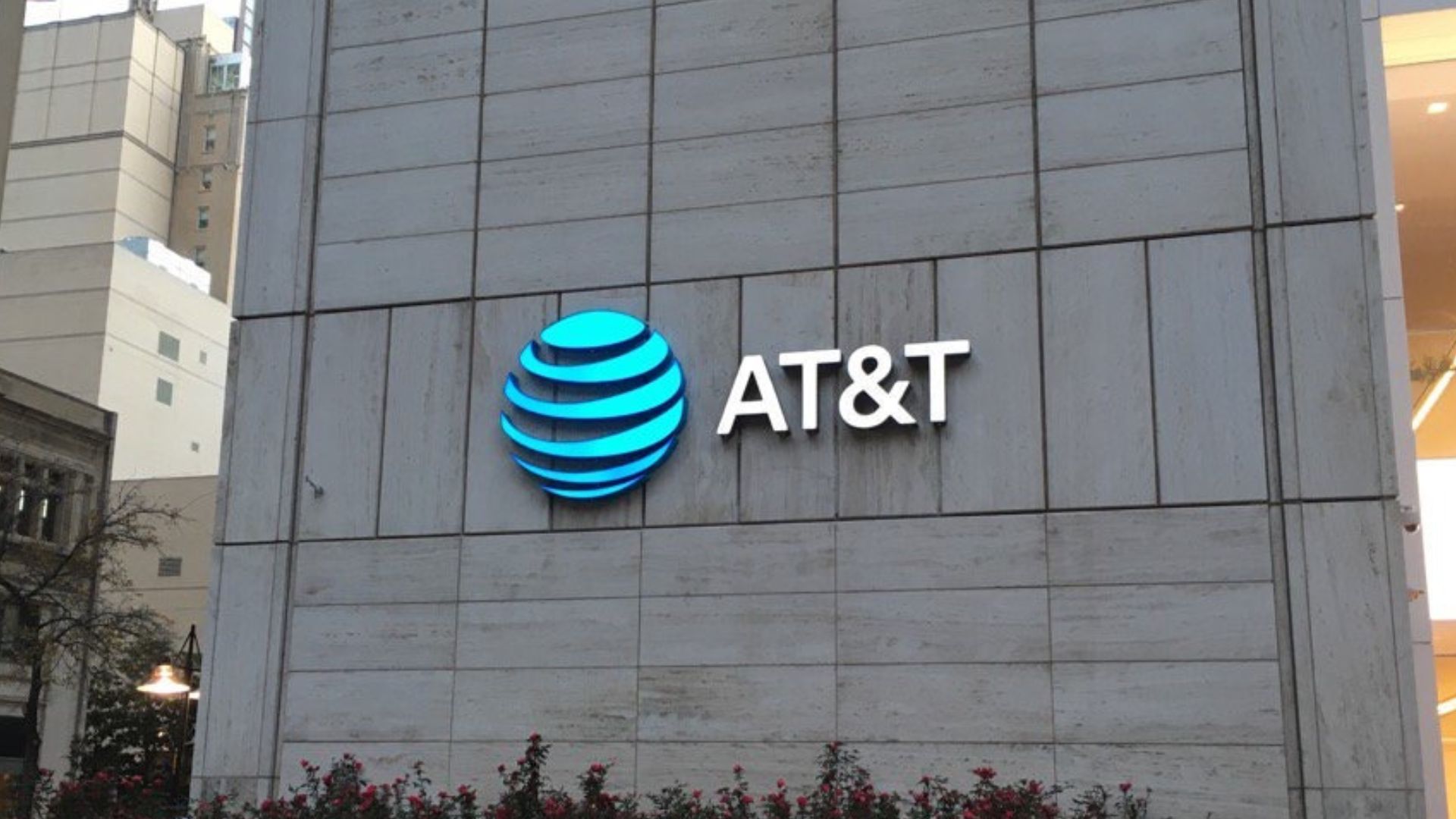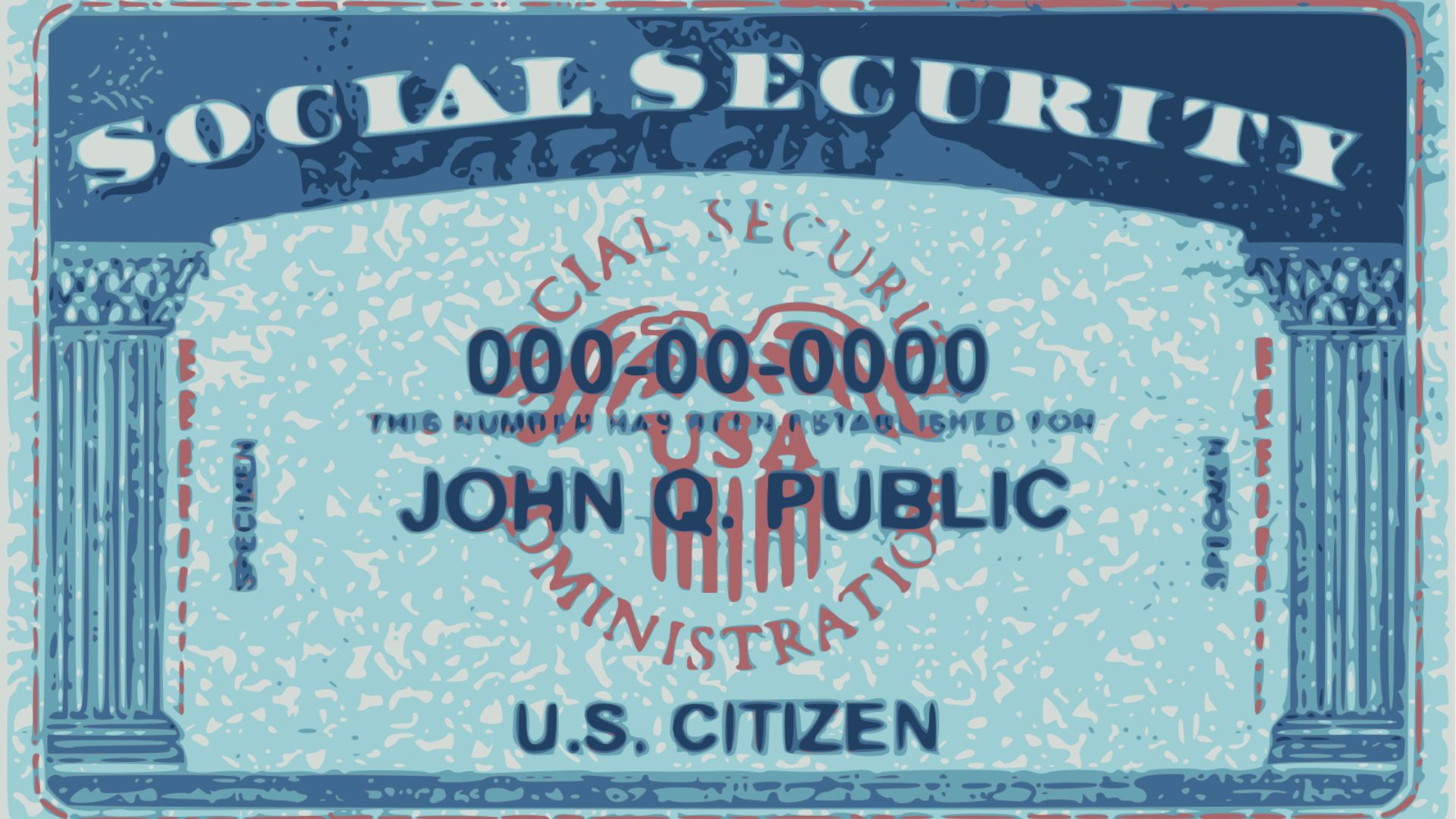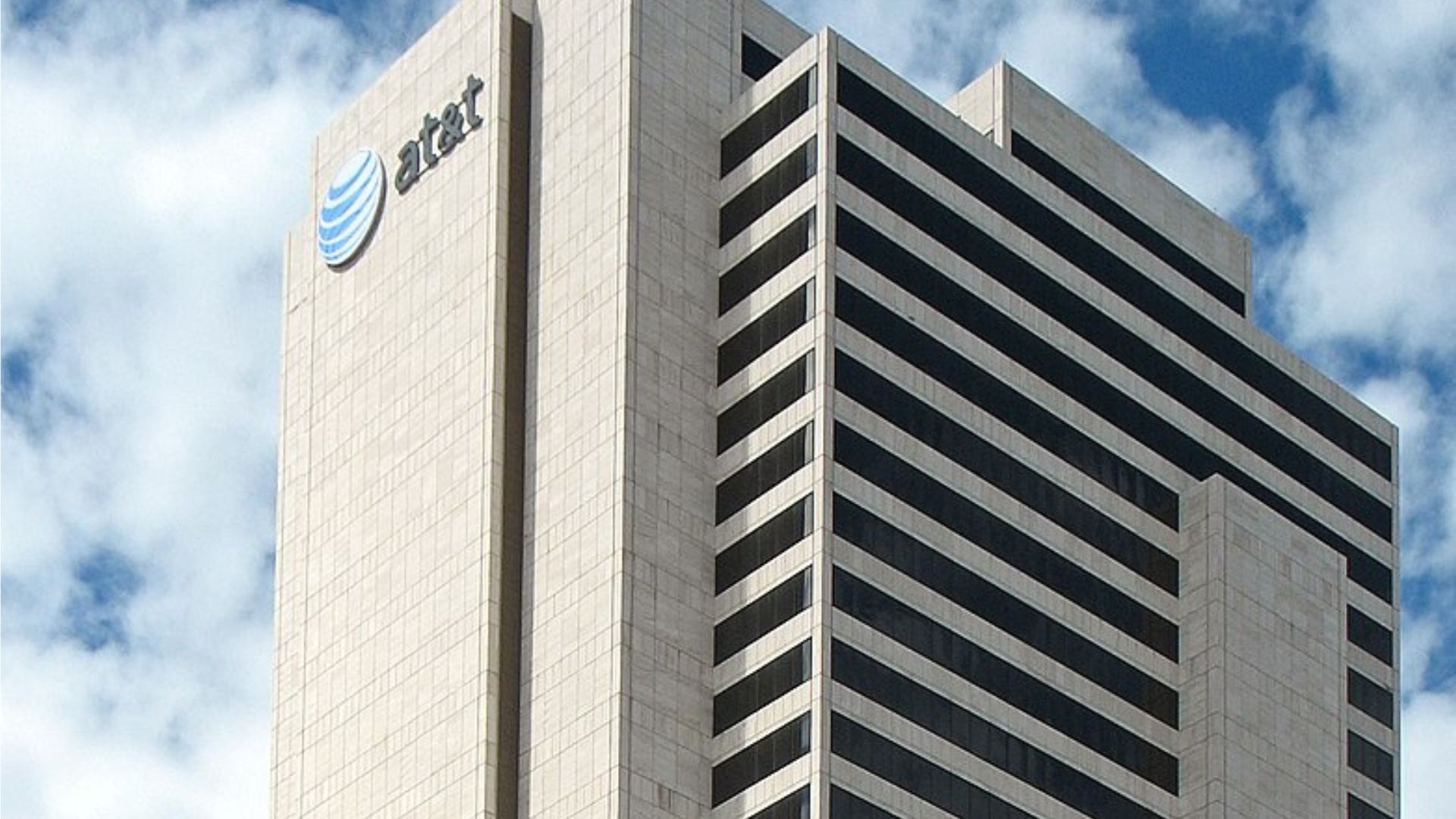A substantial data breach at AT&T has compromised the personal information of tens of millions of its customers.
This incident, disclosed by the telecommunications giant on March 30, involves sensitive details such as Social Security numbers, email addresses, phone numbers, and birth dates found on the dark web. The breach affects approximately 7.6 million current account holders and 65.4 million former account holders, marking a significant concern for data privacy and security.
Scope of the Data Leak

The extent of the data leak is vast, impacting both current and former AT&T customers. According to the company’s statement, the leaked dataset includes a range of personal information.
This event highlights the significant risk of personal data exposure online and illustrates the challenges companies face in protecting consumer data against sophisticated cyber threats.
Uncertainty Around Data Origin

AT&T has expressed uncertainty regarding the source of the leaked data, stating, “It is not yet known whether the data in those fields originated from AT&T or one of its vendors.”
This uncertainty adds complexity to the situation, as identifying the breach’s origin is crucial for preventing future incidents. The compromised data dates back to 2019 or earlier, indicating that the breach might have occurred some time ago.
Company’s Response to the Breach

In response to the breach, AT&T has taken immediate action by resetting millions of customer account passwords and announcing plans to contact affected customers.
The company emphasizes its commitment to security by stating it has launched a robust investigation with the support of internal and external cybersecurity experts. Despite these efforts, AT&T currently has no evidence of unauthorized system access leading to data exfiltration.
The Risks of Social Security Number Theft

The theft of Social Security numbers poses a serious risk, enabling criminals to engage in activities such as taking out loans and filing false tax returns in victims’ names.
The consequences of such identity theft can be devastating, often remaining undetected until significant financial damage has occurred. This situation highlights the importance of vigilance and protective measures against identity theft.
Detecting Identity Theft

Victims of identity theft typically realize the theft only after experiencing its consequences, such as unexpected bills or changes to credit reports.
The advice from the Social Security Administration encourages individuals to inquire about the necessity and use of their Social Security number.
Recommended Actions for Affected Individuals

For those who suspect their identity has been compromised through their Social Security number, the SSA advises reporting the incident to the Federal Trade Commission.
Additionally, contacting the fraud departments of credit card issuers, banks, and other financial institutions is crucial. Filing a police report and notifying credit-reporting agencies are also key steps in addressing and mitigating the effects of identity theft.
Details of the Compromised Information

The breach involved a variety of personal information. Affected data includes full names, email addresses, mailing addresses, phone numbers, dates of birth, and AT&T account numbers.
Importantly, the impacted data is from 2019 or earlier and does not appear to include financial information or call history, limiting the scope of potential financial fraud.
Notification Process for Impacted Consumers

AT&T has confirmed that it is notifying consumers impacted by the breach through email or letter.
The notification process began on Saturday, as an AT&T spokesperson said, ensuring that affected individuals are informed and can take necessary precautions to protect their personal information.
Previous Data Breaches at AT&T

AT&T has experienced several data breaches of varying sizes and impacts over the years. This recent incident bears similarities to a breach in 2021, which cybersecurity researcher Troy Hunt noted but AT&T never acknowledged.
The recurrence of such breaches raises concerns about the effectiveness of data protection measures and the potential for future incidents.
Recommendations for Personal Data Protection

In an increasingly digitized world, protecting personal information is more challenging yet crucial. Consumers are advised to use strong passwords, enable multi factor authentication, and be vigilant for suspicious account activity.
The Federal Trade Commission recommends setting up free credit freezes and fraud alerts with credit bureaus as additional measures to safeguard against identity theft and other malicious activities.
From Data Breaches to Outages

Earlier this year, AT&T faced a significant outage that left tens of thousands of U.S. customers without cellphone service. The outage, occurring in February, was attributed to a software update, as the company explained.
This incident, along with the current data breach, highlights a challenging year for AT&T, demonstrating the variety of technical and security challenges telecom companies face in ensuring uninterrupted services and safeguarding customer data.
